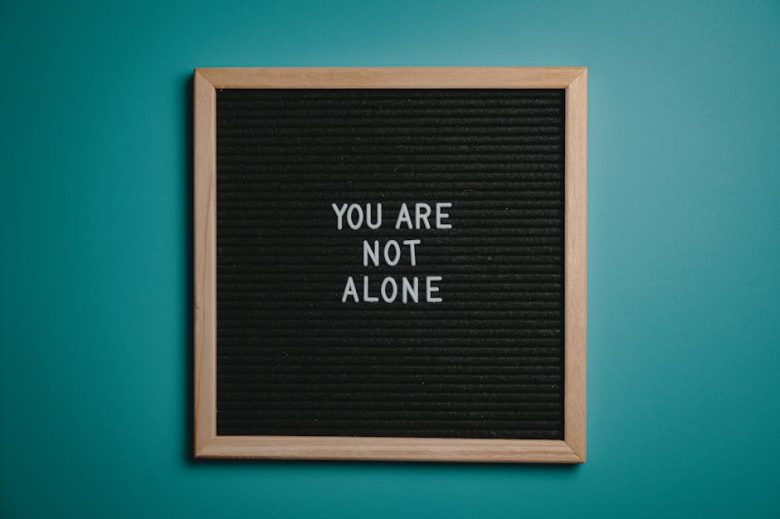In a world that thrives on convenience, we often overlook the hidden costs associated with our quest for ease. From fast food to instant delivery services, our daily lives have become a whirlwind of quick fixes designed to save time and effort. However, as we indulge in these conveniences, an unsettling question arises: what are we sacrificing in the process? It’s a question that evokes concern and curiosity, compelling us to examine the trade-offs we make in the name of simplicity.
The allure of convenience is undeniable. With just a few taps on our smartphones, we can have our favorite meals delivered, our homes cleaned, and even our groceries picked for us. This lifestyle promises to free up precious time, allowing us to pursue hobbies, spend time with loved ones, or simply relax. Yet, the more we rely on these quick solutions, the more we risk neglecting our health and well-being. The emotional weight of this realization can be heavy, as we grapple with the consequences of our choices.
One of the most glaring examples of this trade-off is our relationship with food. Fast food restaurants and pre-packaged meals have become staples in many households, offering a quick and easy way to satisfy hunger. However, these options often come laden with unhealthy ingredients, excessive sugars, and preservatives that can lead to long-term health issues such as obesity, diabetes, and heart disease. The excitement of convenience fades when we recognize the potential harm to our bodies, leaving us to ponder whether a few extra minutes in the kitchen could be worth the investment in our health.
Moreover, the rise of technology has shifted our physical activity levels. With the advent of smart devices and home automation, many tasks that once required physical effort are now completed with the push of a button. While this innovation is impressive, it has also contributed to a sedentary lifestyle that poses serious risks. As we become increasingly reliant on technology for daily tasks, we may find ourselves missing out on the benefits of physical activity, such as improved mental health, increased energy, and a stronger immune system. The hope for a healthier future dwindles as we become more passive in our daily lives.
Mental well-being is another area that has felt the impact of our convenience-oriented culture. Instant gratification has become the norm, leading to shorter attention spans and a decreased ability to cope with stress. As we seek immediate solutions to our problems, we may inadvertently overlook the value of patience and perseverance. The emotional toll of this can be significant, as we grapple with feelings of anxiety and inadequacy in an increasingly fast-paced world. The hope for a balanced life becomes overshadowed by the relentless pursuit of speed and efficiency.
As we navigate the complexities of modern life, it’s essential to strike a balance between convenience and health. Embracing simple, wholesome meals, engaging in regular physical activity, and cultivating mindfulness can help us reclaim our well-being. The path to a healthier lifestyle may require more effort upfront, but the rewards—both physical and emotional—are invaluable. By making conscious choices that prioritize our health, we can foster a sense of empowerment and hope for the future.
In conclusion, while convenience undoubtedly enhances our lives, it’s crucial to remain vigilant about the hidden costs that accompany it. Our health, both physical and mental, should never be compromised for the sake of ease. By recognizing the trade-offs we make and actively seeking a more balanced approach, we can cultivate a lifestyle that honors our well-being. The journey may be challenging, but the potential for a healthier, more fulfilling life is worth every step.



